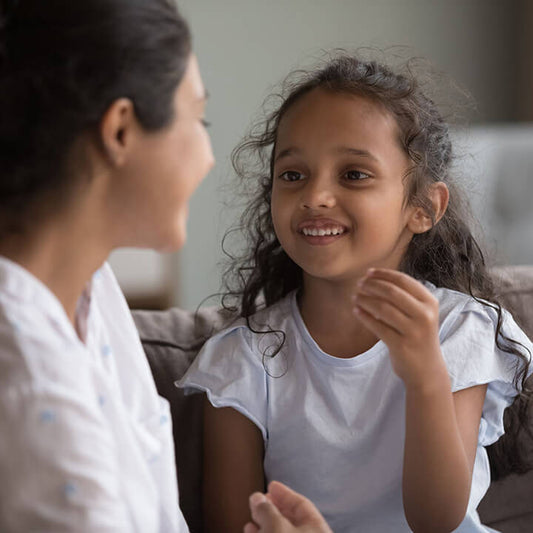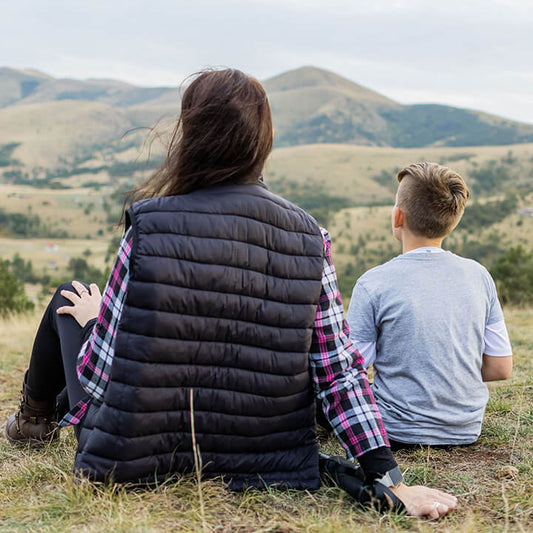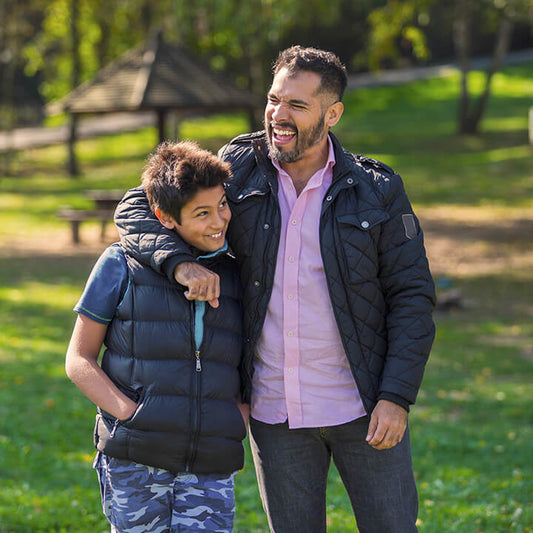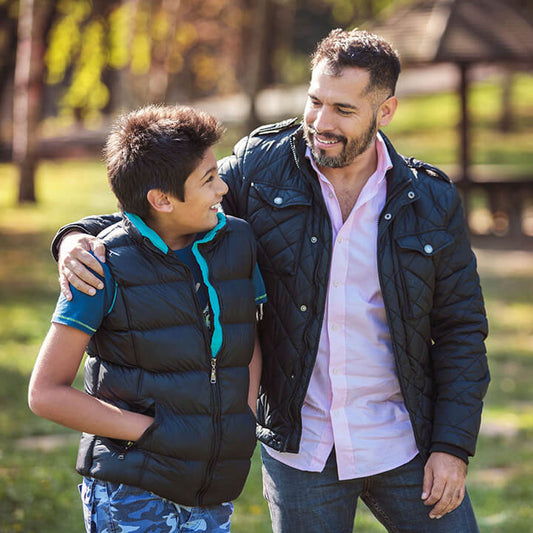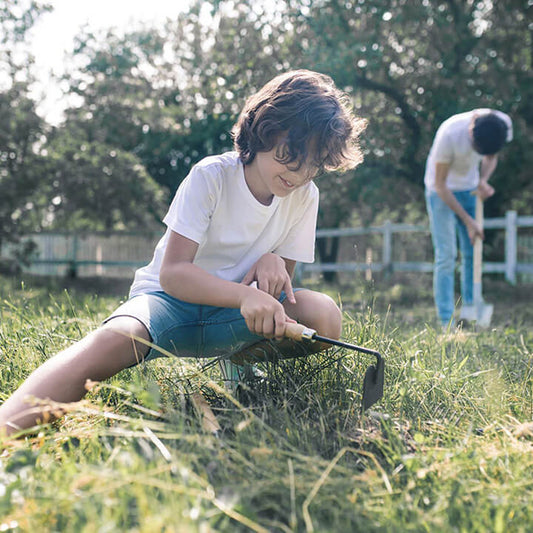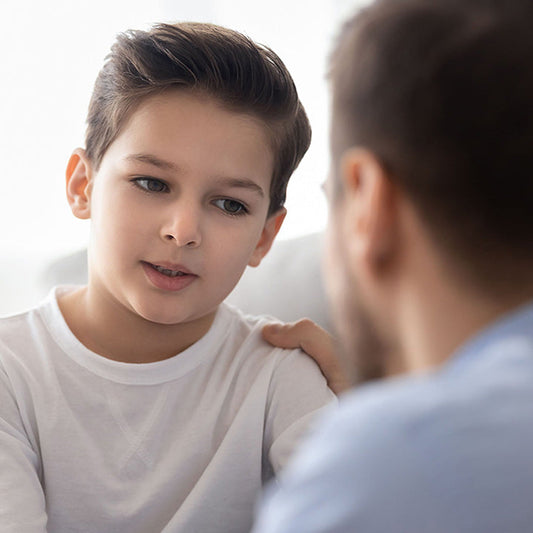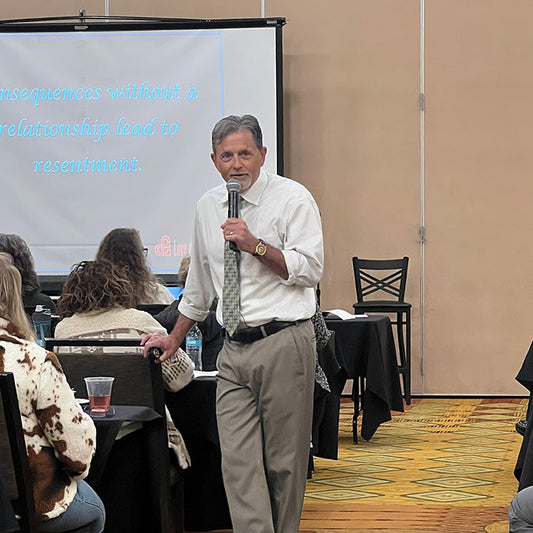As parents, we are now spending much more time with our kids. There are times these days when we need to discuss important matters with them. There are also times when we need to listen carefully to what they have to say. In this two-part series, we will look at both of these ways of interacting. In this week’s post we will focus on talking to kids about important matters.
Most of us have a part of our brain that is devoted exclusively to lecturing kids about being more responsible, eating green stuff, getting a good education, staying away from all things that might “put your eye out,” etc. Some refer to it as the “Lecture Lobe.” For most folks, this part of the brain remains dormant—until we become parents or teachers. Then it activates! Have you ever been amazed at how easily and automatically a good lecture rolls off the tongue?
As they say in physics, every action has a reaction. When our lecture lobes swell, our kids’ learning and listening lobes shrink. Indelibly etched into my memory is the little first-grader I lectured about his chronic hall-running. “You could slip and get brain damage,” was the theme of my speech.
We’ve learned a lot from our own mistakes as well as from those made by others. We’ve learned even more by watching extremely effective parents and educators. Over the past thirty years, we’ve noticed that really successful ones understand the following concept:
The more words we use when kids are misbehaving or acting irresponsibly,
the less effective we become.
Kids test us to see if we will love and accept them regardless of what they may do.
Questions do two powerful, important things. First, they show others that we can and want to understand their viewpoint. Secondly, they force people to do plenty of thinking. Questions create a lack of closure deep within the psyche. Humans yearn for closure and they sort of go nuts when they don’t have it. Even when our kids don’t answer our questions verbally, their subconscious minds can’t resist the urge to give them plenty of thought. Some examples include:
- What do you think about how you’re doing in school right now?
- What are your ideas on whether bikes, like your new one, ever get stolen?
- What are your thoughts on kids experimenting with drugs?
- How do you think some kids put themselves in danger while chatting on the internet?
Listening to our youngsters’ opinions—even when they’re silly, strange, or downright scary—dramatically increases the odds that they’ll listen when it’s our turn to speak.
Let’s think about this. Do children have control over whether they listen to us, even when we don’t give them this control? You bet! Do stubborn kids know this? Yep! Whenever we pretend to have control over things we clearly do not, it erodes their respect for us and creates a battle they cannot resist.
Here are a few tips to experiment with in talking to your kids about important matters:
- Have plenty of short discussion rather than a few long ones.
- Ask thoughtful and sincere open-ended questions.
- Ask permission to share your thoughts.
- Describe potential consequences using the “Some kids worry…” routine.
- Provide a positive expectation.
- If they refuse to talk, don’t fall into the trap of trying to make them.
We all know at least one child… or adult… who just has to learn life’s lessons the hard way. Despite all of our gallant attempts to endow them with our wisdom, they choose to take the rocky road to maturity by making plenty of mistakes and experiencing their consequences. Isn’t it interesting that the hardest lessons learned are usually the ones that teach us the very most!
Next week we will look at part two of this series on listening to our kids.
Thanks for reading!






















